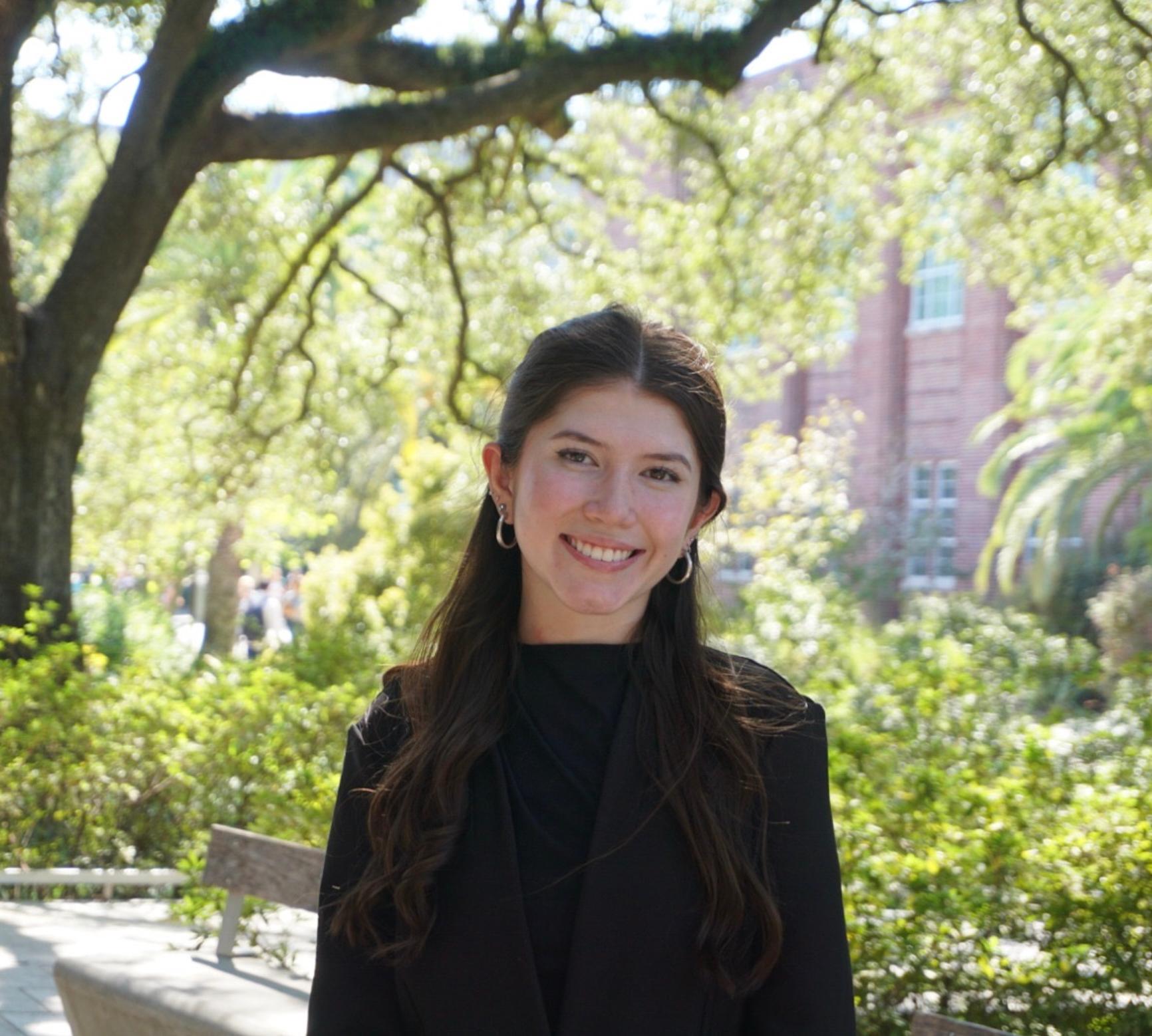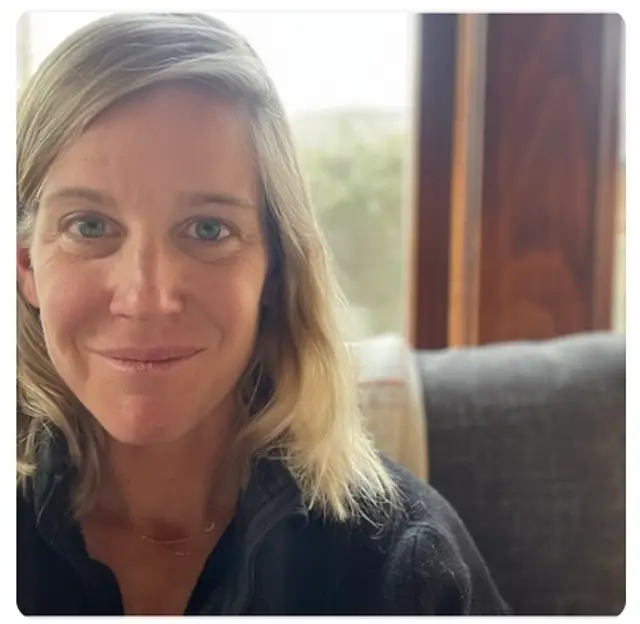How Polygence taught me time management and self-discipline, an interview with Rebeca Gutierrez-Sztarkman, Polygence Alum
3 minute read
Polygence is excited to announce our first cohort of Research Coach Interns - successful Polygence alumni who have gone on to study at some of the top universities in the U.S. Research Coaches are available to meet with current Polygence students to share project best practices, executive functioning tips and share their college experiences.
Annie Peuquet, Director of Partnerships at Polygence recently sat down with Rebeca Gutierrez-Sztarkman, Polygence Research Coach and Political Science student at Tulane to learn more about her Polygence experience.

Rebeca, please tell me about your project’s topic area and what you chose to make or do as your outcome.
My project’s topic area was political science and international relations. I chose to write and publish a research paper comparing the international effects of forced labor in the United States, Southeast Asia, and Latin America.
What was the best thing about doing an independent research project with your mentor? What was the most challenging aspect?
The best part of doing an independent research project was the freedom to choose a topic that I am curious about and explore it in a way unique to my own interests, along with feedback and encouragement from my mentor to make sure I stayed on track and produced a quality result. The hardest part was often handling pressure from both myself and my mentor, as well as handling discouragement from such a difficult, time-consuming endeavor.
Yes, research build your competencies in hard skills. But what soft skills did you practice and develop during your Polygence project?
My project taught me a lot about self-discipline and time management, two skills that have allowed me to succeed throughout college. In college, it can be difficult to balance schoolwork with social life and extracurriculars, especially because final grades depend on few assignments and exams. I feel that my Polygence project taught me a lot about how to plan ahead for big tasks, how to deal with setbacks, and how to set realistic goals/deadlines.
Now that you are 2-3 years out of your project, what would you like to tell your mentor if you could about the project’s impact?
If I could talk to my mentor about the impact of my project, I would thank her for pushing me to meet my initial goals and ambitions, while also encouraging me to keep an open mind in terms of results and findings. I would also thank her for helping me develop skills such as self-discipline and project management, as well as for aiding me in expanding my academic interests beyond political science.
If you could give your previous self advice about doing independent research, what would you have told yourself while you were doing your project?
I would tell myself to trust the process, be patient, seek feedback often, and remind myself constantly why I started. Taking on such a large and challenging task can be discouraging at times, but that is what makes the process worth it.
